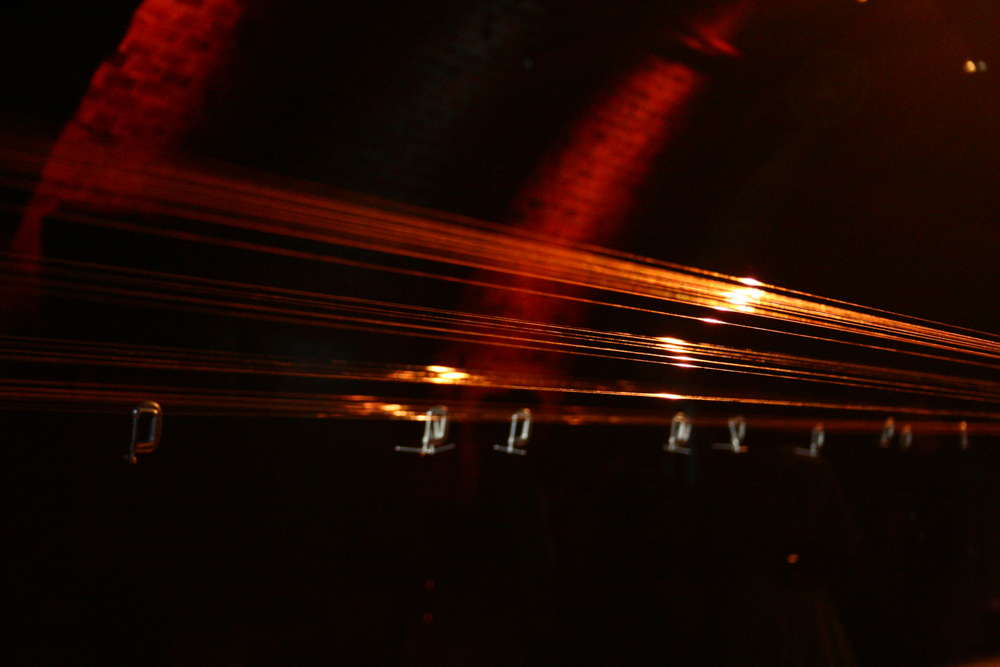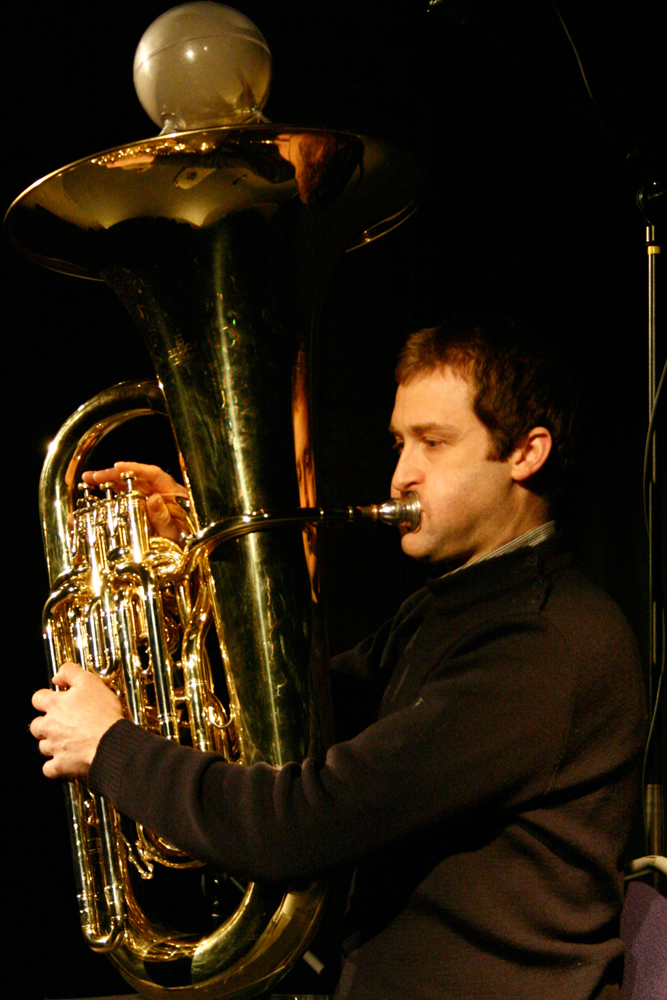
Christian Marclay’s Screen Play
John Butcher Paul Lovens Steve Beresford Christian Marclay
A silent collage of found film footage partially layered with computer graphics to provide a framework in which live music can develop.
Arika have been creating events since 2001. The Archive is space to share the documentation of our work, over 600 events from the past 20 years. Browse the archive by event, artists and collections, explore using theme pairs, or use the index for a comprehensive overview.

A silent collage of found film footage partially layered with computer graphics to provide a framework in which live music can develop.

Moor Mother is a musician, Philadelphian housing activist and black quantum futurist.

Long Stringed Instrument performance involving up to 100 wires strung in tension over a 40m arch.

Perhaps the paradigm of America’s covert musical subculture, Sun City Girls operate just over the border of raucous delirium.

The ongoing development of [b]reach, an abolitionist black queer retelling of Marge Piercy’s incredible feminist utopian novel Woman on the Edge of Time.

Smith/Stewart set up allegorical situations over which they often have little to no control, but which instigate explorations of dependence and trust, the body, sex and death.

Robin Hayward – exploring the micro-sounds of a tuba, filling slowly with sand.

Philip Jeck creates slowly evolving symphonies that are as much about the crackling hiss of old vinyl as the actual ‘musical’ material.

In 2008 we toured our Kill Your Timid Notion festival of experimental sound and image to London, Bristol and Glasgow, bringing audiences a taste of the previous 5 festival editions.

How do poetry and maths stitch together pictures of our fractured situation from its wreckage and relics, from the debris of hope and the well of residues that make us what we are?

How can we imagine bodies not as an end in themselves, but as a medium through which we can become one another’s means?

Final workshop exploring work, care and class. Does the ‘care industry’ summon forth its own class? Can this ‘affective class’, in their ability to care for others, militate against the carelessness of self-interest?